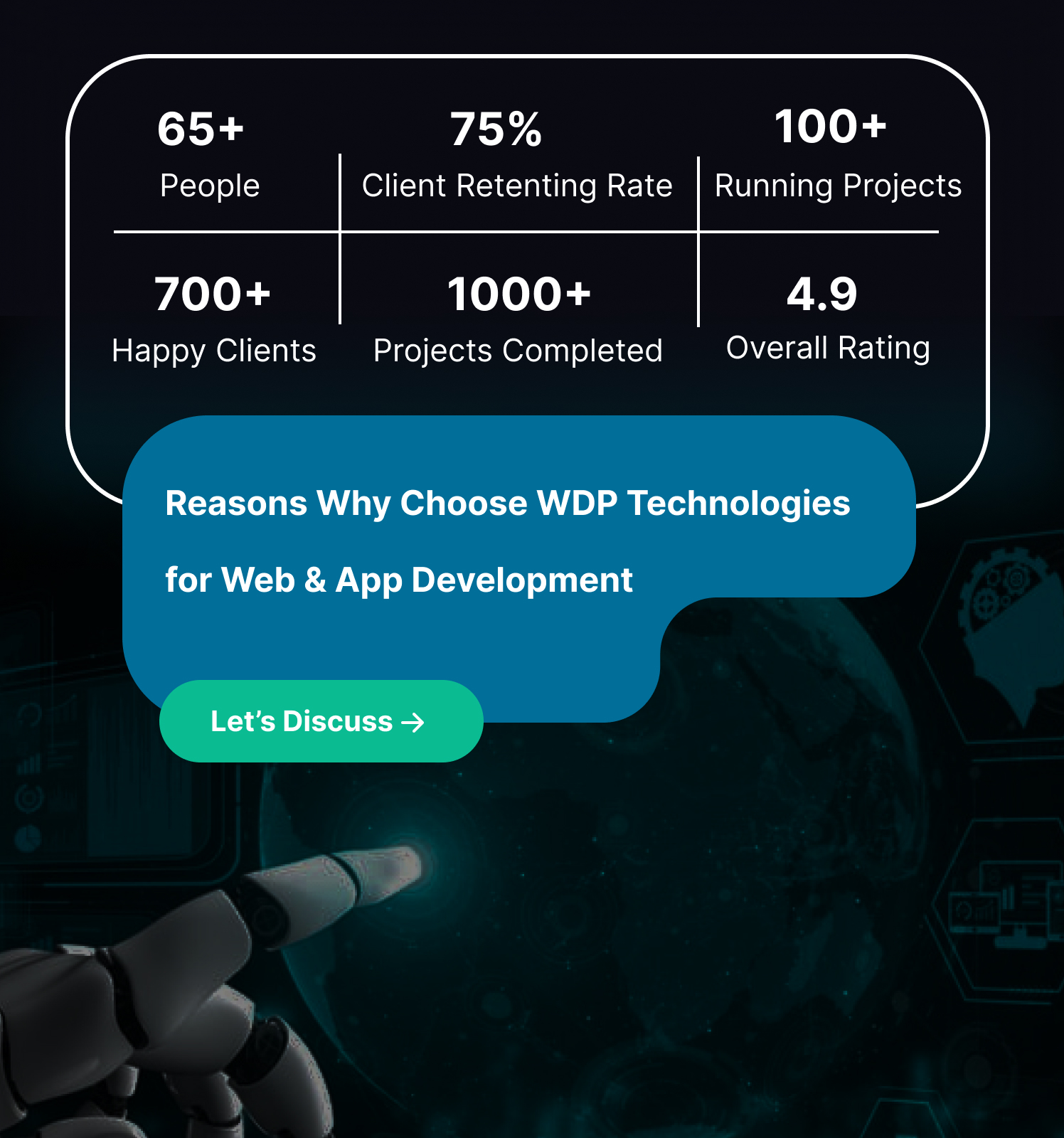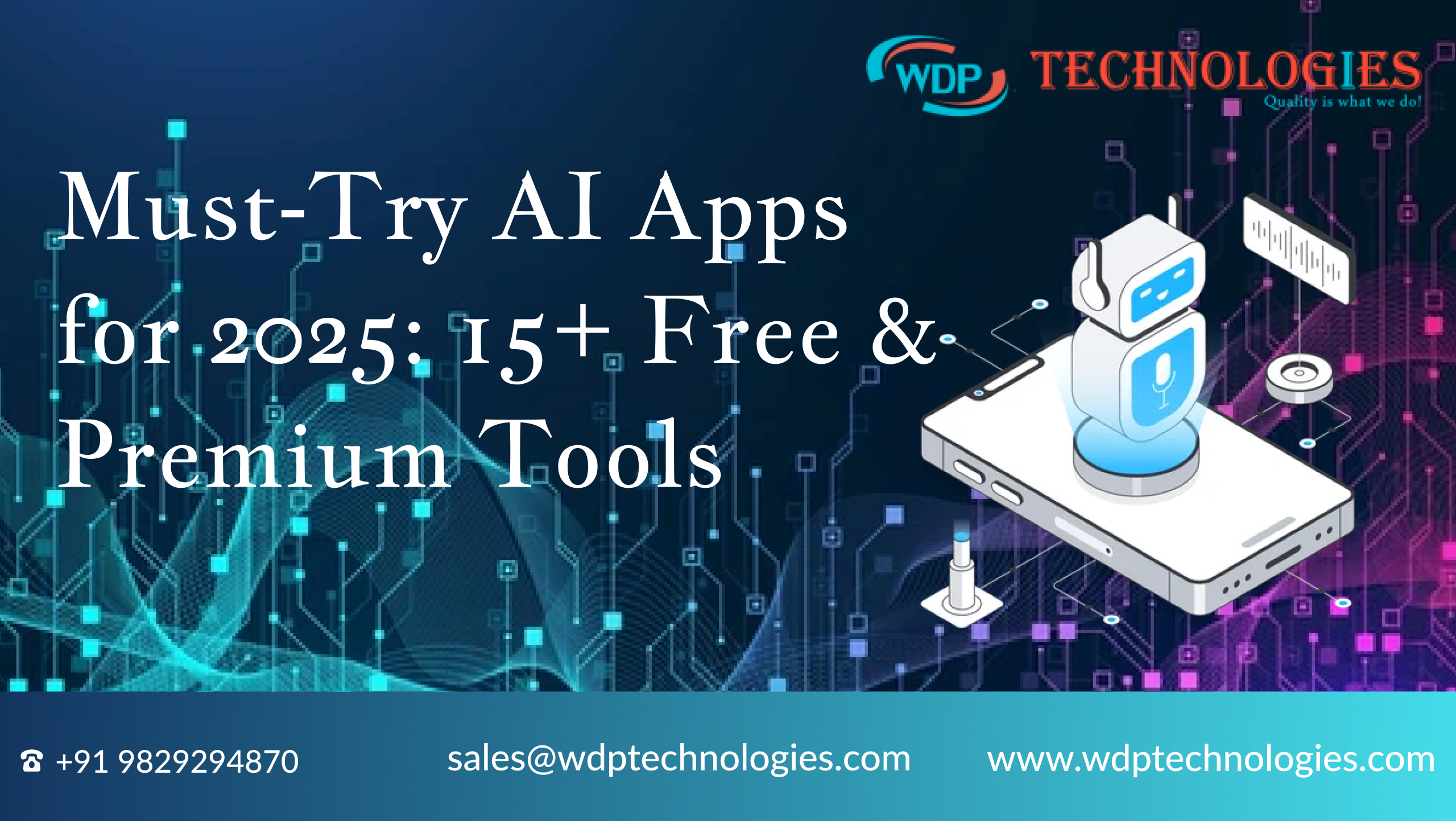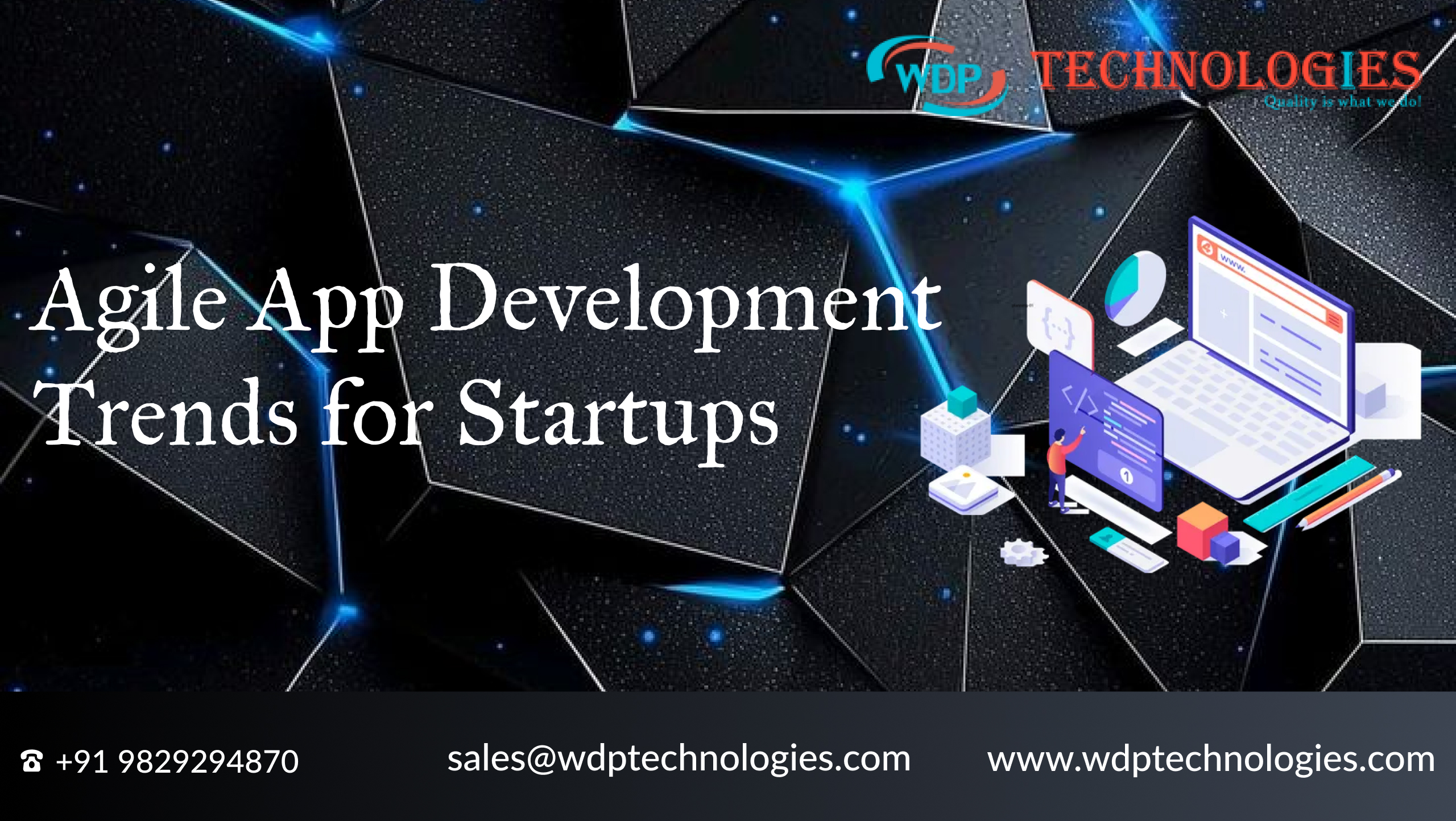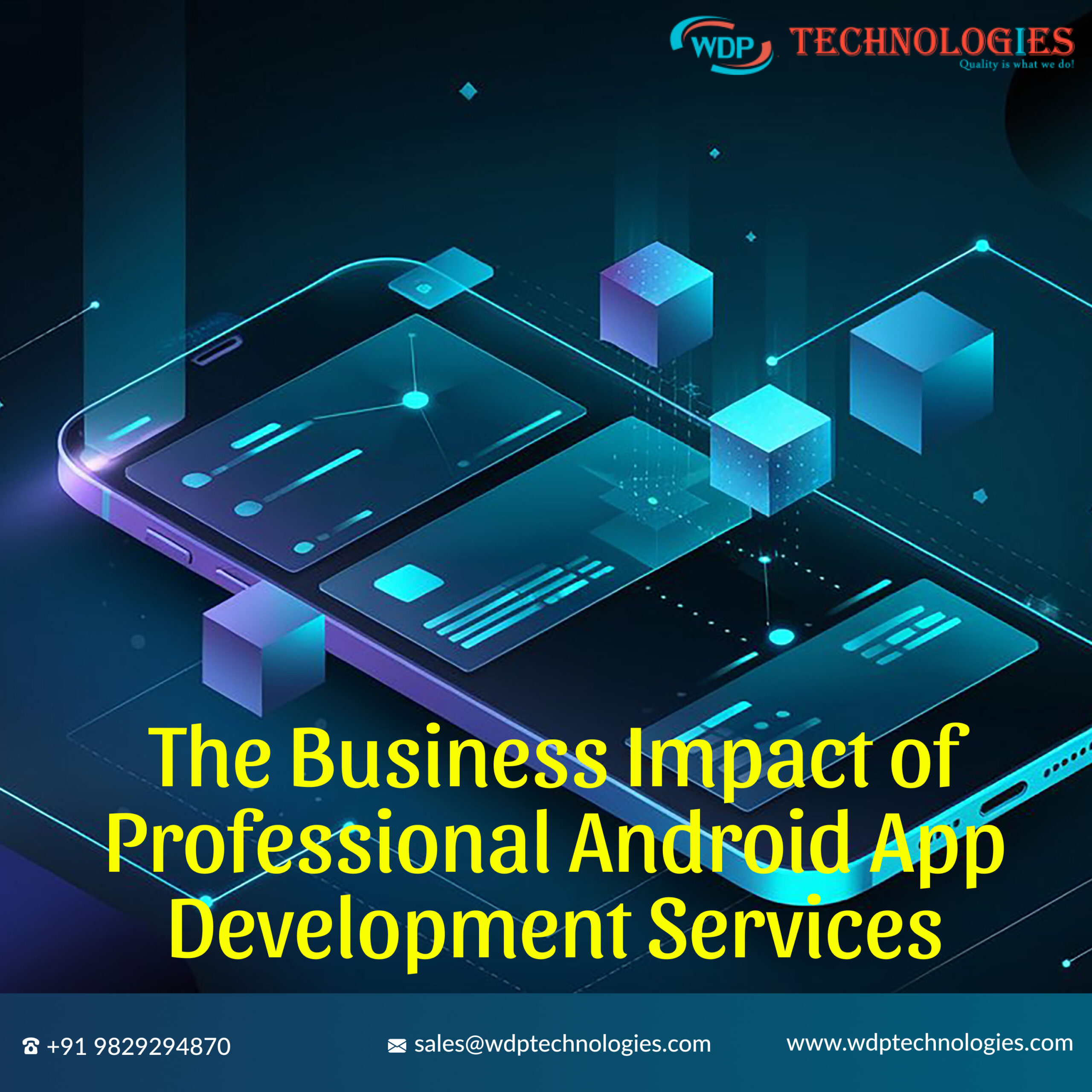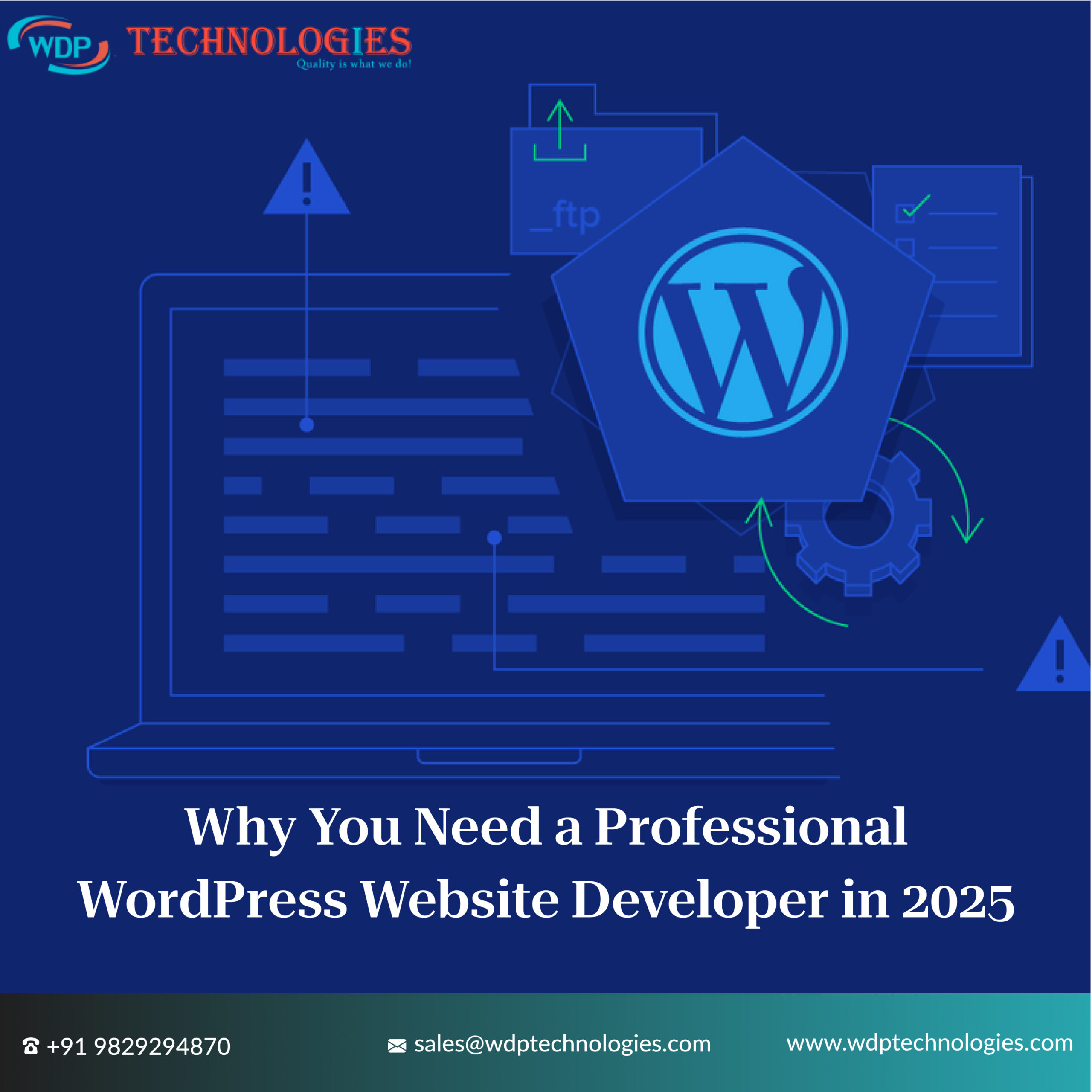PHP is one of the widely used programming languages for web development. PHP is considered quite secure and stable. But the complexity of websites is increasing day by day. PHP developers have to write hundreds of lines of code to create these complex websites that take a lot of time.
That’s why PHP frameworks come into the picture to save time and reduce the complexity of web development.
What is a PHP Framework?
PHP frameworks are the web development platforms. These PHP frameworks provide code libraries for functions, classes, etc. PHP frameworks streamline the web development process. These frameworks help to promote rapid web application development that saves your time, creates more stable applications.
If you are looking for the best PHP frameworks for website development, there are a few great options. Laravel is a great full-stack framework that is perfect for creating dynamic and interactive web applications. Symfony is another popular framework for developing complex web applications. CodeIgniter is a lightweight and easy-to-use framework for developing custom websites. CakePHP is an open-source framework that is great for rapid development. Lastly, Zend Framework is a powerful framework for developing enterprise-level applications.
Whichever framework you choose, make sure to research the features and capabilities of each one to see which is best for your project.
What are the Best PHP Frameworks for Website Development?
1. Symfony
Symfony was launched in 2005 and has become one of the best PHP frameworks for website development. Symfony follows the standard of PHP completely. Most popular content management systems such as OroCRM and Drupal use the Symfony components.
Due to reusable libraries and components, Symfony becomes the first choice for many Symfony developers. A variety of tasks can be performed such as object configuration, authentication, templating, and many more.
Symfony supports the most databases:
-
-
- Drizzle
- MySQL
- Oracle
- SQLite
- PostgreSQL
-
Quick Specifications
Launched: October 2005
Current version: 5.1.4
Technical requirements:
-
-
- PHP >= 7.2.5
- Composer installed
-
2. Laravel

Laravel was launched in 2011. The ability to handle complex web applications with advanced security and speed made Laravel very popular among all PHP frameworks. Laravel reduces the complexity of common tasks such as sessions, authentication, routing, etc.
This PHP framework is used by many Laravel developers as it offers a vast ecosystem. It provides a deployment platform and instant hosting.
Quick Specifications
Launched: June 2011
Current version: 8, released on September 8th, 2020.
Technical requirements:
-
-
- PHP >= 7.2.5 (or use Laravel Homestead)
- Composer installed
- Database support for MySQL 5.6+, PostgreSQL 9.4+, SQLite 3.8.8+, SQL Server 2017+.
-
Laravel provides some security features and methods:
-
-
- Authentication
- Authorization
- Email verification
- Encryption
- Hashing
- Password reset
-
3. Zend Framework

Zend framework is based on agile methodology. Aiming to deliver high-quality and robust applications at an enterprise level with features such as interface and inheritance.
Zend Framework is now transitioning to the Laminas Project. Migration is strongly recommended because Zend has no longer updates.
It becomes the most popular PHP framework for website development among Zend PHP developers. There are so many reasons behind its popularity. It comes with excess components for tasks such as forms, services, authentication, and easy drag and drop editor, online debugging tools, coding tools, etc.
Quick Specifications
Launched: March 2006
Current version: 3.0.0 (Zend) or 1.3.0 (Laminas)
Technical requirements:
-
-
- PHP >= 5.6 (Zend) or >=7.3 (Laminas)
- Composer installed
- Database support for MariaDB, MySQL, Oracle, IBM DB2, Microsoft SQL Server, PostgreSQL, SQLite, and Informix Dynamic Server.
-
4. Yii Framework

Yii framework is one of the oldest PHP frameworks for website development that is based on an object-oriented concept. Yii framework is good for large-scale website development. It can be integrated with AJAX and jQuery and it’s lazy loading technique makes it faster.
Furthermore, Yii developers can use its powerful class code generator that is known as Gii. It makes the easier process of rapid prototyping and object-oriented programming. Other features include such as multiple packages for security, short rapid development time, etc.
Quick Specifications
Launched: December 2008
Current version: 2.0.35
Technical requirements:
-
-
- PHP >= 5.4.0, 7+ recommended
- Composer installed
- Database support for SQLite, MySQL, PostgreSQL, MSSQL, or Oracle databases
-
5. Codeigniter

Codeigniter is one of the best PHP frameworks for website development that uses a Model-View-Controller(MVC) architecture. It is a lightweight web development framework, known for a hassle-free installation with minimum configuration prerequisites.
Codeigniter is a mere 2 MB in size that includes documentation. It is suitable for dynamic website development.
This PHP framework is the most popular among Codeigniter PHP developers due to its features such as lightweight, speed, and high-performance. It is a great choice for developing small and lightweight web applications that run on simple servers.
Quick Specifications
Launched: February 2006
Current version: 4.0.3
Technical requirements:
-
-
- PHP >= 7.2
- Database support for MySQL, PostgreSQL, SQLite3
-
6. CakePHP

CakePHP is the oldest PHP framework still the most popular PHP framework for web development. With each new version, it offers new features that have kept a strong user base. The latest version of CakePHP has come with some features such as the ability to create standalone libraries and improved modularity.
CakePHP developers use this framework as it offers security features such as SQL injection prevention, cross-site request protection, and cross-site script protection. Some other features such as inheritance, fast builds, and validations.
Quick Specifications
Launched: April 2005
Current version: 4.1.1
Technical requirements:
-
-
- PHP 7.2 (minimum), 7.4 recommended
- HTTP server with mod_rewrite preferred
- Database support for MariaDB 5.6+, PostgreSQL 9.4+, SQLite 3.8, SQL Server 2012+ MySQL 5.6+.
-
7. FuelPHP

FuelPHP is a flexible PHP framework for web development that is not only based on MVC pattern but also based on HMVC pattern. It also includes a voluntary class known as presenter class (ViewModel).
Many features that come with this framework are URL routing, HMVC implementation, vulnerability protection, and caching system. FuelPHP framework is a security-focused framework that includes UPL filtering along with output encoding.
Quick Specifications
Launched: June 2011
Current version: 1.8.2
Technical requirements:
-
-
- PHP 5.4+
- Any web server
-
8. Phalcon

Phalcon is built for speed and delivered as a web server extension that is written in C and Zephir. There is no need to know about language C. Developers can work with the PHP namespaces and classes that framework generates.
The new version has components such as MVC, ORM, caching, and also includes support for PHP 7.
Other features include such as
-
-
- Low-level architecture
- Memory resident
- One-time load of Zephir, C extensions, and PHP
- Code is compiled rather than interpreted
-
Quick Specifications
Launched: November 2012
Current version: 4.0.6
Technical requirements:
-
-
- PSR extension
- PHP 7.2 + (latest version recommended)
-
9. Slim

If you want to create simple and powerful web applications then the Slim framework is one of the best PHP frameworks to start with. Slim is a micro-framework and has rich features such as URL routing, cookie encryption, client-side HTTP caching, and session.
It is minimalistic in nature and highly used by PHP developers who want to develop RESTful APIs and services.
Quick Specifications
Launched: September 2010
Current version: 4.5.0
Technical requirements:
-
-
- PHP 7.2 +
- The web server with URL rewriting
-
10. Fat-Free Framework

The fat-Free framework is also a micro framework. It makes the balance between useful features, ease of use, speed, and simplicity.
Quick Specifications
Launched: 2009
Current version: 3.7.2
Technical requirements:
-
-
- PHP 5.4+
- Any web server
- Database support for SQLite, PostgreSQL, MySQL, MongoDB, and MSSQL/Sybase.
-
Which framework should you choose?
Choosing the best PHP frameworks for website development depends on the requirements of the project. Every framework has its own set of features and weaknesses. Select a framework based on your prerequisites on factors such as scalability, easy to use, security, and more.
So before selecting a framework among the best PHP frameworks for website development, first understand your project requirements. Or you can connect with us to get the best web development solution from our experienced PHP web developers.



